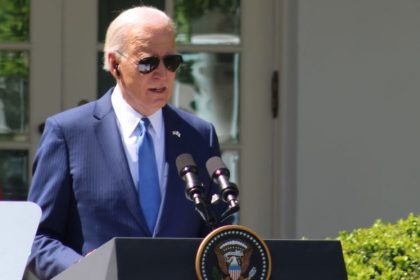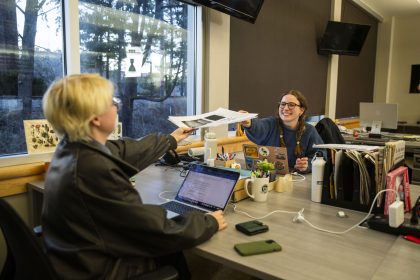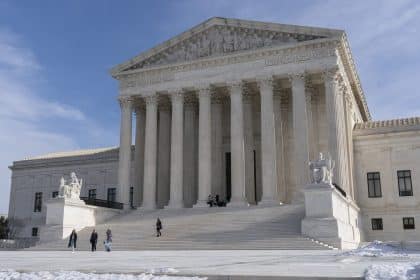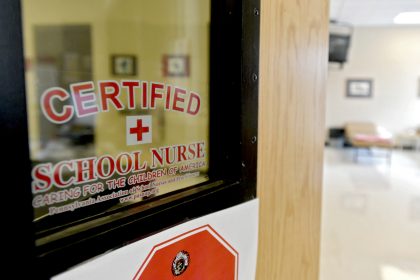College Students Return to Campus Faced With Multiple Options and Fear
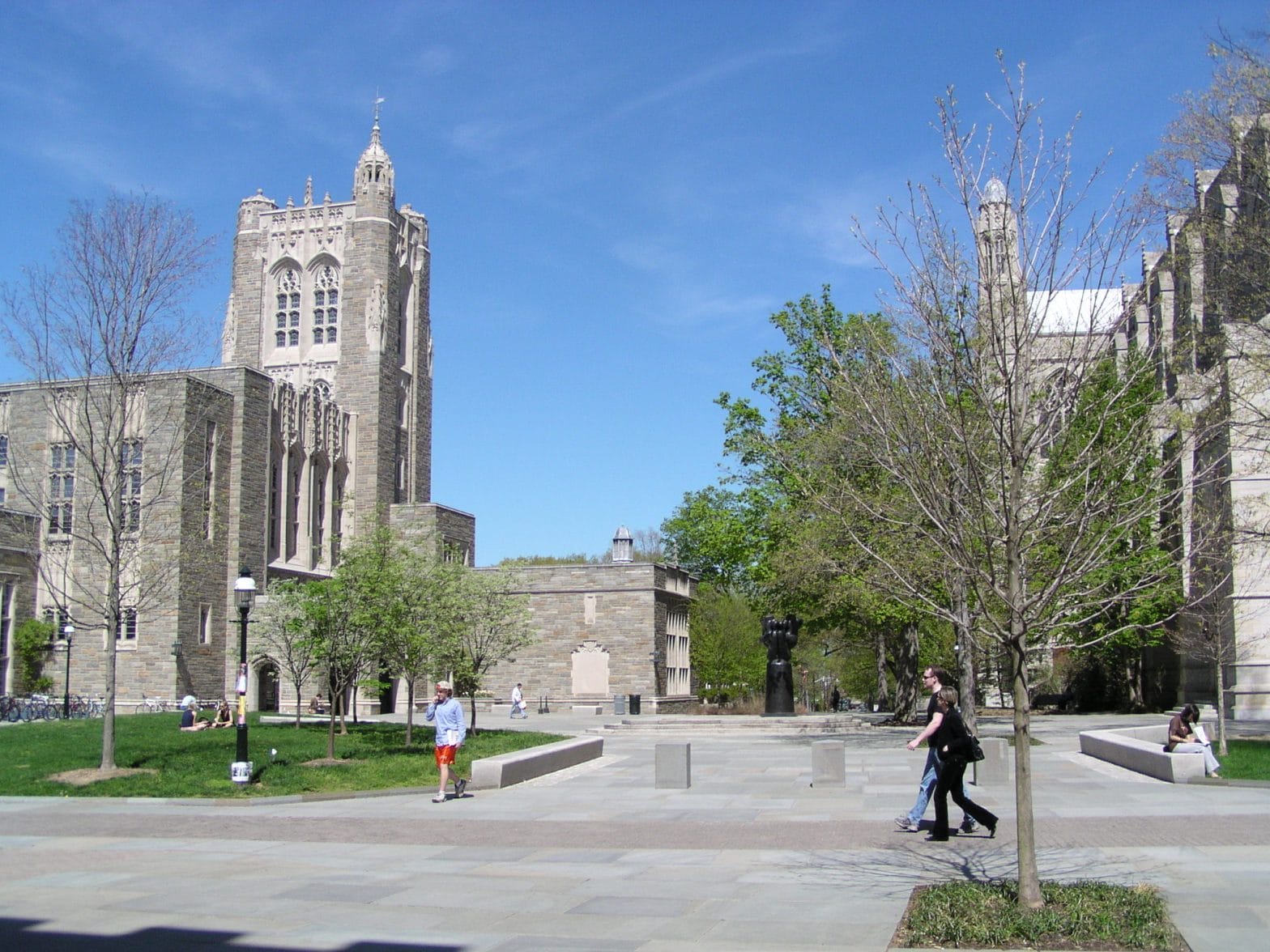
As the COVID-19 pandemic continues to produce strains on key cornerstones of society, the education system in America is faced with its biggest challenge yet: students returning to the classroom. To find out more about how students are feeling as they return to college, The Well News interviewed several from across the country for their insight.
Overall, students told The Well News they were given the option of either returning to campus for in-person classes, or having fully remote classes via Zoom, or a hybrid mix of the two. These options were given to students in July as colleges announced their fall plans on their respective websites.
As August approached, those choosing to provide in-person classes scheduled move-in day appointments in an effort to reduce crowds and the spread of COVID-19. In preparation of moving in, students are required to take COVID-19 tests and track potential COVID-19 symptoms either on their own or via a daily symptom checker app. Beyond move-in day, students are regularly required to monitor their health and adhere to CDC guidelines on campus.
Fear of Getting COVID-19
Even though colleges gave students an opportunity to decide how they’d like to resume their education, the fear of contracting the coronavirus remains a heavy concern among students and educators alike as the fall semester begins.
Leroy Green, a senior at the University of Virginia’s College at Wise, told The Well News that he returned to campus in late July to complete his training as a residential assistant, or RA, for his freshman dorm hall. However, Green explains that his training was halted on the second day because his university required all RA’s to be tested for COVID-19, resulting in Green being quarantined multiple times as he waited for test results and after being informed a person in his hall tested positive for the virus.
“As far as COVID training, they said ‘This is what it is. These are the symptoms. Wash your hands. Wear a mask. Practice social distancing.’ They didn’t say anything about what to do [if someone contracted coronavirus] or anything. No training whatsoever,” Green revealed.
Meanwhile at other colleges, college administrators have utilized a peer-to-peer system for enforcement of CDC guidelines.
Carolina Puga Mendoza, a junior at Franklin College, said the school told students they are “responsible for keeping everyone safe” on campus. Puga continued saying that Franklin College administrators want to encourage student leaders on campus to “speak up” if they notice their peers violating CDC guidelines.
Social Interactions: Cancelled or Distant
The very nature of a college environment is driven by social interactions, yet social distancing and mandatory mask mandates hinder the full effect of a college experience.
This fall season, most colleges are unable to host sports due to the cancellation of sporting conferences. College football cancellations have been particularly contentious as sports fans continue to protest fall sport cancellations.
Yet, Juan Carlos “JC” Ramirez, a junior at the University of Miami (UM), said that college football is still happening at his campus. The Miami Dolphins and Miami Hurricanes will be able to play at the Hard Rock stadium this fall to a socially distant crowd of 13,000 people. Under normal circumstances, the stadium would hold about 65,000 fans at capacity.
Ramirez said the UM football games would likely prioritize season ticket holders for reserved seats at the stadium. UM student fans have yet to be told if attending the games and tailgating at the stadium this season is possible.
“Their main focus will be season ticket holders, but they can’t have a college game without college students.
“We [UM students] think that they probably will reserve some seats for us, but the probability is that they’re gonna’ reserve ticket seasons holders, and it makes sense, just because they’re the ones who make more money for the university…” Ramirez continued.
In addition to fall sports, limitations on other socially-focused activities pose a threat to the full college experience for certain students. Curfews and shutdowns of parties and clubbing have been imposed at the University of Miami.
Additionally, most colleges have canceled large school gatherings and instead opted for socially distant activities such as outdoor movie nights and virtual social events on Zoom.
Virtual Classes
Colleges have opted to use Zoom, Microsoft Teams or Google Hangouts as their primary mode of virtual instruction for students who chose to have remote learning.
Skyler Hillery, a sophomore at Florida Agricultural & Mechanical University, spoke about the challenges she experienced in her return to school. Hillery explained her class schedule consists mainly of virtual classes this semester and said that on her first day of classes, there was a national outage of Zoom, leaving her and others scrambling to try to communicate with peers and professors.
“We’re all trying our best to figure it out,” said Hillery of the situation.
Madison Undercuffler, a junior at West Chester University, explained that as a new transfer student to her university, she’s trying to adjust to her theatre classes which are filled with students and professors who already know each other.
Despite feeling like an outsider, Undercuffler said she remains optimistic about being able to “fit in” with those at the theatre department in West Chester.
Confidence in School Leadership & Paying for Education
Despite all of the stress and changes happening to their college life, most students reported being confident in their school leadership to make the right decisions for students’ well-being come this fall.
Ramirez said he had confidence in the University of Miami’s president, Julio Frenk, given Frenk’s background in health care and his recent voluntary pay cut taken for the benefit of the university’s survival.
Echoing Ramirez’s confidence, Ella Kramer, a student at Wisconsin Lutheran College, said that she’s been comforted by her college’s efforts to plan as much as possible this semester, even if the worst-case scenario is having to move back the college’s in-person plans to fully remote instruction.
When asked if paying for education amid the COVID-19 pandemic is worth the money, most of those interviewed by The Well News agreed that paying for college is worth the investment.
Undercuffler disclosed that although West Chester did cut some education costs for students, the university “could’ve cut a bit more.”
Green said he believes it is unfair of universities to charge full price for students amid the pandemic.
Kramer said that her college provided refunds for room and board last spring when the pandemic first began and now she is able to use that refund for her return this fall.
On the matter of paying for education amid the pandemic, Kramer said, “Education is still important even with the pandemic.”



















